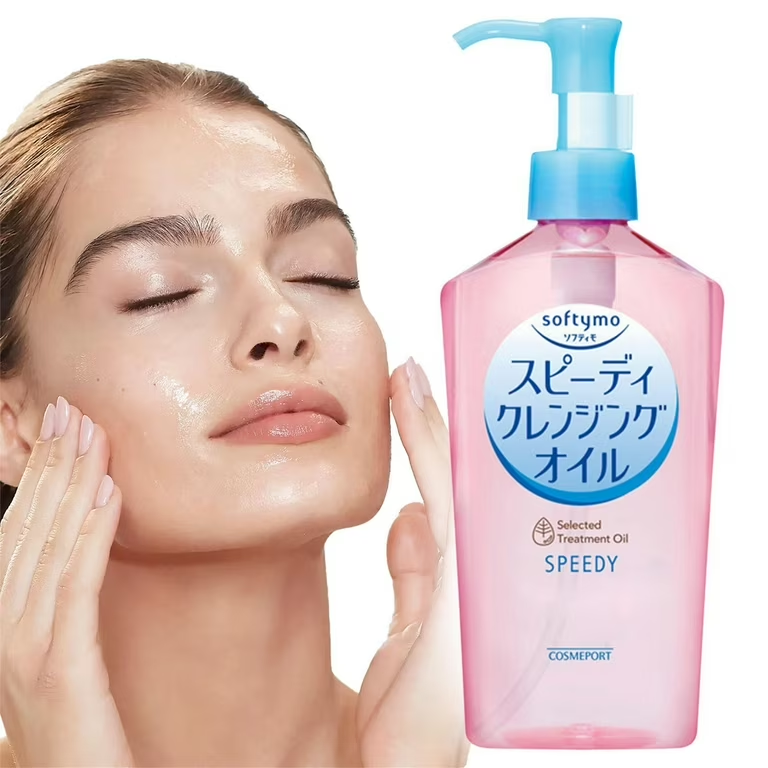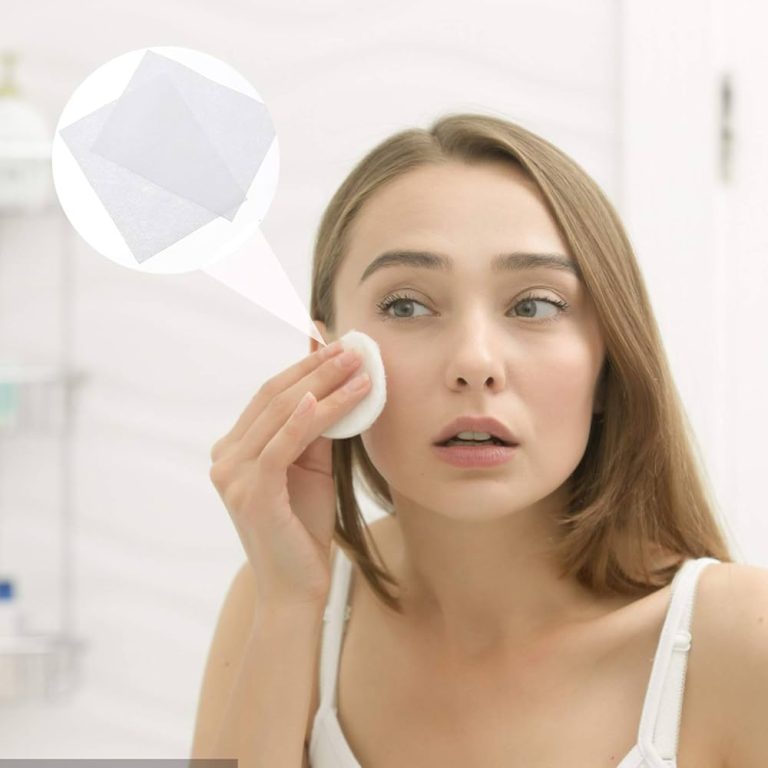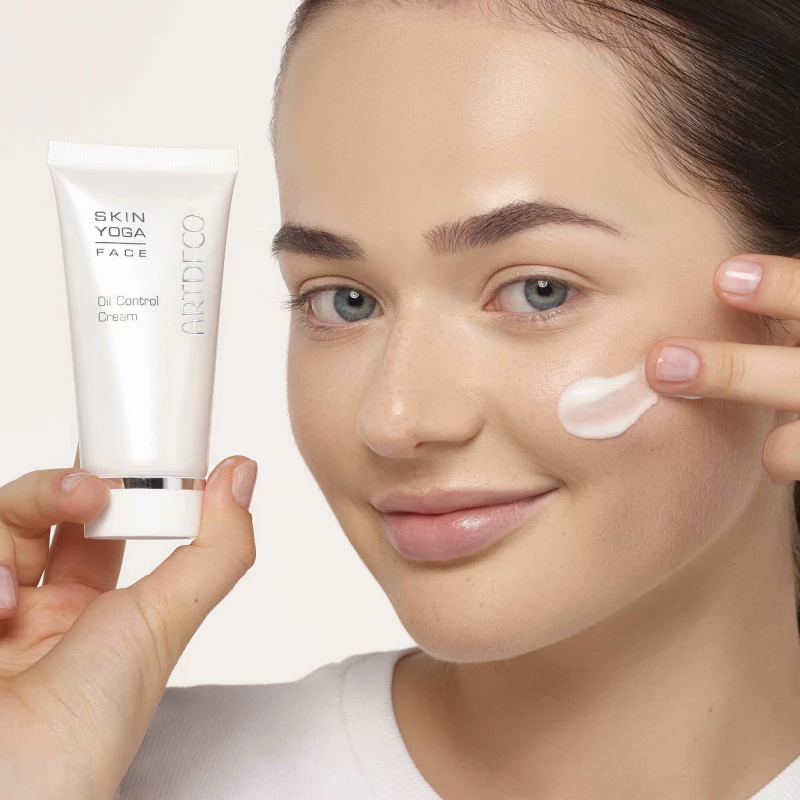
The Truth About Face Whitening Creams
The Truth About Face Whitening Cream
Face whitening cream have gained immense popularity worldwide. People are increasingly seeking products that promise a brighter complexion. However, the effectiveness and safety of these products are often debated. This blog will explore the benefits and drawbacks of face whitening creams. Additionally, it will provide insights on their ingredients, usage, and potential side effects. Understanding the facts about these creams helps individuals make informed choices about skincare.
What Are Face Whitening Creams?
Face whitening creams are designed to lighten skin tone and reduce pigmentation. These creams often contain specific ingredients aimed at diminishing dark spots, blemishes, and uneven skin tone. Common ingredients include hydroquinone, kojic acid, and vitamin C. Many users seek these creams to achieve a more radiant and youthful appearance. They are widely available in cosmetic stores and online.
Moreover, these products target melanin production in the skin. Melanin contributes to skin color. When the production of melanin is reduced, lighter skin results. However, it is essential to remember that not all skin types respond similarly to these creams. Thus, individuals should exercise caution while selecting the right product.
Transitioning to face whitening cream may seem straightforward. However, some individuals experience adverse effects upon usage. These can include irritation, redness, or allergic reactions. Hence, conducting thorough research before purchasing a specific cream is crucial. Ingredients and user reviews can offer valuable insights.

Popular Ingredients in Face Whitening Creams
When choosing a face whitening cream, understanding its ingredients is vital. Ingredients play a significant role in determining the cream’s effectiveness and safety. Hydroquinone is one of the most common agents found in these products. It works by inhibiting melanin production. However, its prolonged use can lead to significant side effects, including skin thinning and increased sensitivity.
Kojic acid is another popular alternative. Derived from mushrooms, it offers a natural approach to skin lightening. Many people prefer it due to its gentler nature. Vitamin C also ranks among favored ingredients. It acts as an antioxidant and aids in minimizing pigmentation. Furthermore, it enhances skin texture, making the complexion appear brighter.
Some creams include niacinamide, a form of vitamin B3. This ingredient is known for its ability to reduce dark spots and improve skin elasticity. Additionally, licorice extract is another natural option. It contains glabridin, which inhibits melanin production and evens skin tone. However, users must verify the concentrations of these ingredients to ensure effective results without adverse reactions.
Other components, like alpha arbutin and azelaic acid, may also provide benefits. However, the efficacy of a whitening cream largely depends on how these ingredients interact with individual skin types. Conducting a patch test before widespread application is advisable. This practice helps to identify any allergies or intolerances before fully incorporating the product into a daily routine.
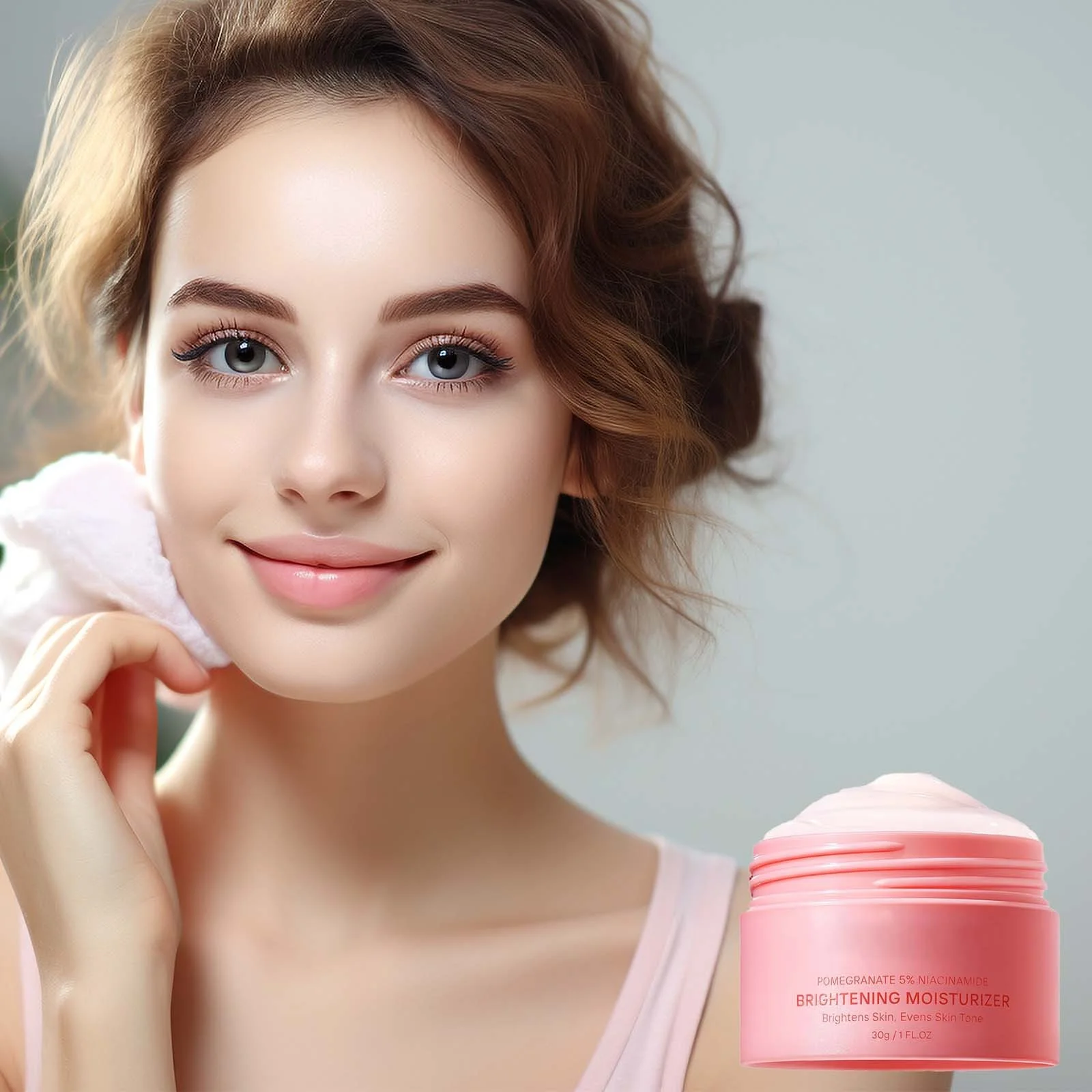
How to Use Face Whitening Creams Effectively
Using face whitening cream requires a systematic approach for optimum results. Firstly, users should cleanse their skin thoroughly. This step removes dirt and oil, allowing the cream to penetrate deeper. Next, a toner can be applied. Toners prep the skin and help to balance its pH levels. Consequently, this process enhances the absorption of the whitening cream.
After toning, a small amount of cream should be applied. Gently massage it into the skin using circular motions. Applying the cream evenly is crucial to avoid patchiness. It is advisable to target specific areas of concern, such as dark spots or uneven patches. Following this application routine consistently yields the best results.
Moreover, patience is essential while using face whitening creams. Results may take several weeks, if not months, to become noticeable. Individuals should not expect overnight transformations. Instead, maintaining a consistent skincare regimen enhances the potential for achieving desired outcomes.
However, users must pay attention to their skin’s reaction. If irritation or redness occurs, it is crucial to cease using the product immediately. Consulting with a dermatologist may provide valuable insights. Additionally, pairing a face whitening cream with sunscreen is advisable. Sun exposure can exacerbate pigmentation issues and impede the effectiveness of the cream.
The Debate Over Skin Tone and Beauty Standards
The quest for lighter skin tones often reflects broader societal beliefs. Several cultures associate lighter skin with beauty, privilege, and success. Consequently, this perception drives the demand for face whitening creams. However, this belief leads to various dilemmas in self-esteem and identity.
People may feel pressured to conform to these standards. The desire for a lighter complexion can lead to unhealthy practices. Some individuals rely on unsafe methods, risking their skin health. Moreover, the influence of media and advertising perpetuates the notion that lighter skin is more desirable. This phenomenon can lead to negative body image and psychological consequences.
Conversely, there is a growing movement celebrating diversity in beauty. Many advocates emphasize self-acceptance and appreciation for natural skin tones. This movement encourages individuals to embrace their unique beauty, regardless of skin color. Encouraging self-love and rejecting harmful beauty norms ultimately benefits society.
Education about skincare and healthy practices is vital in this discussion. It is essential to raise awareness regarding the effects of skin-lightening products. Furthermore, promoting products that nourish and protect the skin is desirable. The focus should shift from altering appearance to enhancing what is inherent and unique about each person.
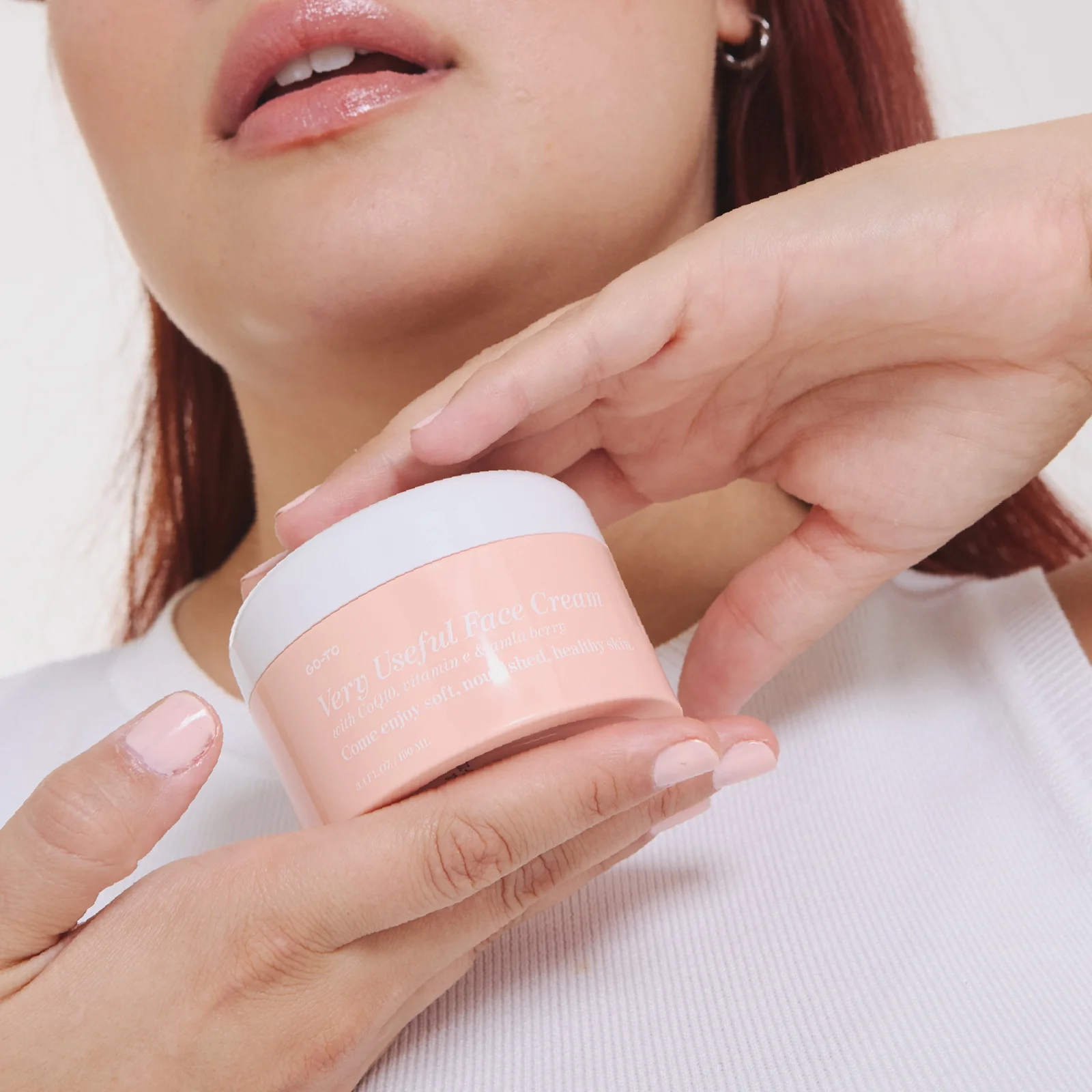
Potential Side Effects of Face Whitening Creams
Face whitening cream can offer positive results, but they come with potential risks. Understanding these risks is crucial for anyone considering their use. Some common side effects include skin irritation, itching, or redness. Individuals with sensitive skin may be particularly prone to these issues. Therefore, performing a patch test can help identify possible reactions.
Severe side effects can arise from the use of harmful ingredients. Prolonged use of hydroquinone, for example, has been linked to ochronosis. This condition causes a bluish-black discoloration of the skin, which is often irreversible. Additionally, some products may include high levels of steroids. These can lead to thinning skin and increased susceptibility to infections.
It is crucial to consider the long-term impact of using harsh chemicals. Users should seek natural alternatives that are less likely to cause damage. Ingredients like licorice extract and niacinamide often provide safer options. They can lighten skin without the risk of adverse effects linked to harsher agents.
Regular consultation with dermatologists can help mitigate risks. Professional opinions guide users toward safe and effective products. Awareness of personal skin type also plays a significant role in product selection. Educating about ingredients and their effects empowers consumers to make informed choices. Ultimately, prioritizing skin health over aesthetic standards is essential for long-term benefits.
Finding the right face whitening cream can be overwhelming. The market is flooded with various options, each promising remarkable results. However, not all products live up to their claims. Hence, consumers should approach purchases with caution. Reading reviews and testimonials can provide useful insights into product effectiveness.
Moreover, verifying the credibility of the brands is crucial. Established companies often undergo rigorous testing for safety and efficacy. Thus, reputable brands are more likely to offer safe products. Checking for certifications and approvals from health authorities also validates a product’s safety.
Additionally, consumers should remain skeptical of “miracle” claims. Often, these products wield unrealistic promises. Genuine results take time and a consistent skincare routine. Users should set realistic expectations when using face whitening creams.
Price does not always equate to quality. More expensive products aren’t necessarily more effective than their affordable counterparts. Consequently, conducting thorough research is vital. Personal experiences, ingredient composition, and upkeep contribute to positive outcomes.
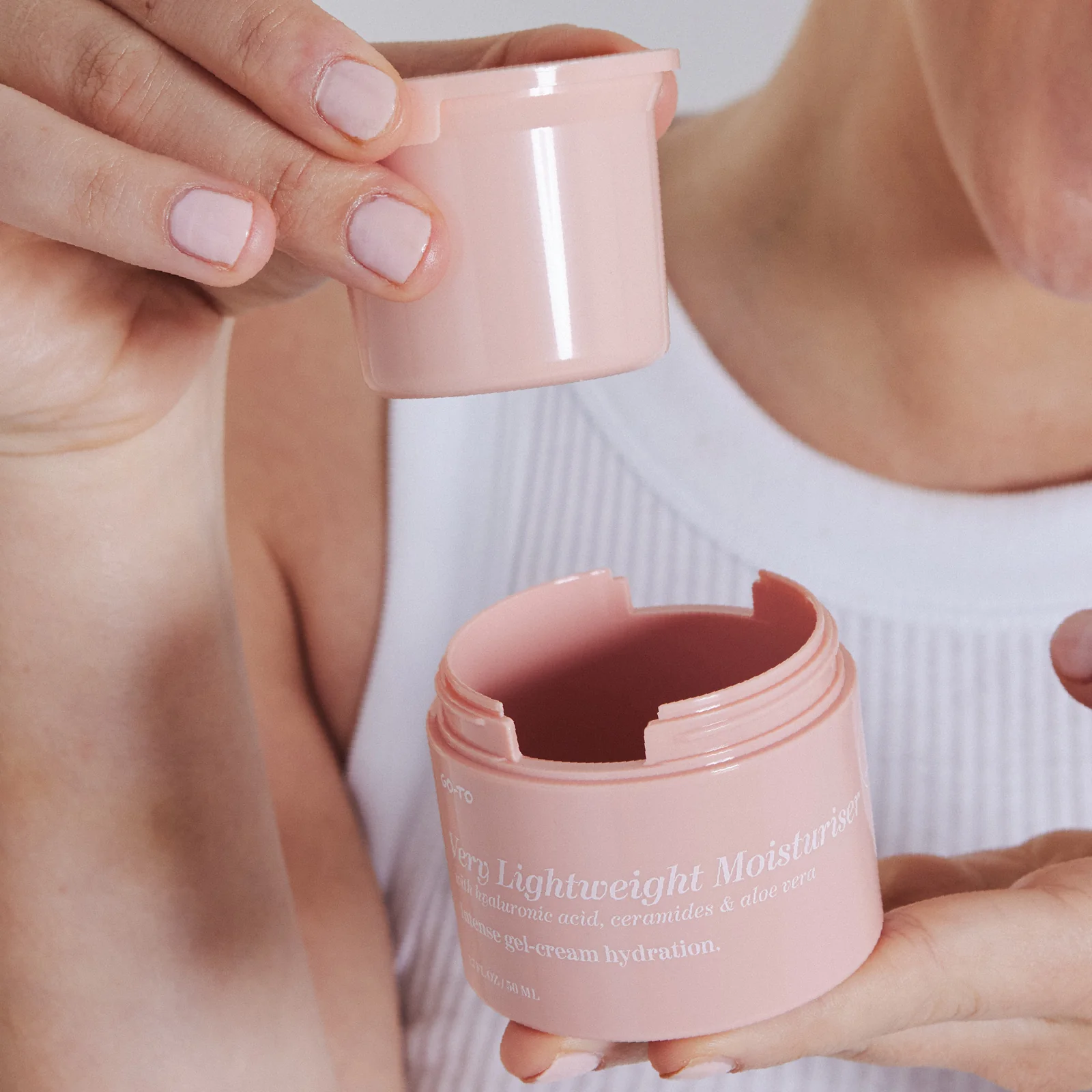
The Role of Lifestyle in Skin Health
While face whitening creams play a significant role, lifestyle factors also contribute to skin health. A balanced diet rich in antioxidants helps improve skin complexion. Consuming fruits and vegetables nourishes the skin from the inside out.
Furthermore, staying hydrated promotes overall skin health. Drinking adequate water eliminates toxins and helps maintain elasticity. Hydration is crucial, especially when using products that may dry out the skin.
Regular exercise also benefits skin health. Physical activity increases blood circulation, aiding in nutrient delivery. Sweating helps eliminate impurities, promoting a clearer complexion. Additionally, maintaining a consistent skincare routine supports the effectiveness of face whitening creams.
In summary, face whitening creams can be beneficial, but they are not miracle solutions. Comprehensive skincare includes various elements, such as diet, hydration, and lifestyle choices. Ultimately, a holistic approach yields the best results for achieving healthy and radiant skin.
Final Thoughts on Face Whitening Creams
Face whitening creams can be effective in achieving a brighter complexion. However, users must approach these products with caution. Understanding ingredients, proper usage, and potential side effects is essential. Moreover, awareness of societal beauty standards and their implications can lead to healthier self-perception.
As the beauty industry continues to evolve, the focus should shift towards embracing diversity. Promoting self-acceptance and appreciation for natural beauty is paramount. Individuals should prioritize skincare over adherence to societal norms. Ultimately, investing in skin health should outweigh the desire for lighter skin tones.
Harnessing the power of knowledge empowers individuals to make better choices. Whether opting for face whitening creams or alternative solutions, informed decisions lead to healthier, happier skin. Therefore, embracing one’s unique beauty should always remain the central goal.
